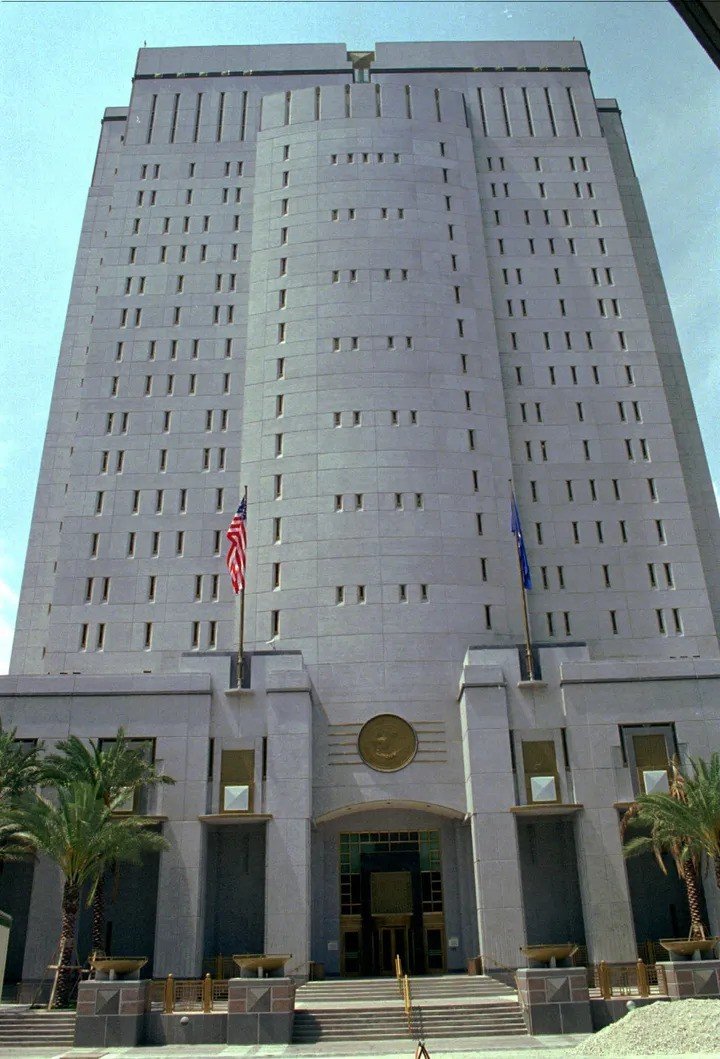
Community Spring Insights

No One Should Be in a Cage
Every few weeks, I would wake up at 5:30 in the morning on a Saturday to drive an hour and a half to go visit my dad in prison. I would barely sleep each night before, riddled with a fear of missing my alarm and I remember feeling the anxiety in my body. The night blended into the morning while I would drive in the dark, trying to…

No Money Mo’ Problems: The Exploitation of Poverty in our Criminal Justice System
Back in 2020, Zach, a local resident, was given a citation for not having car insurance. He couldn’t afford to pay the fine which led to his driver’s license being suspended. He still needed to work in order to pay bills and survive, so he continued to drive. After getting busted two times for driving with a suspended license he served six months in the Alachua County jail. He now…
